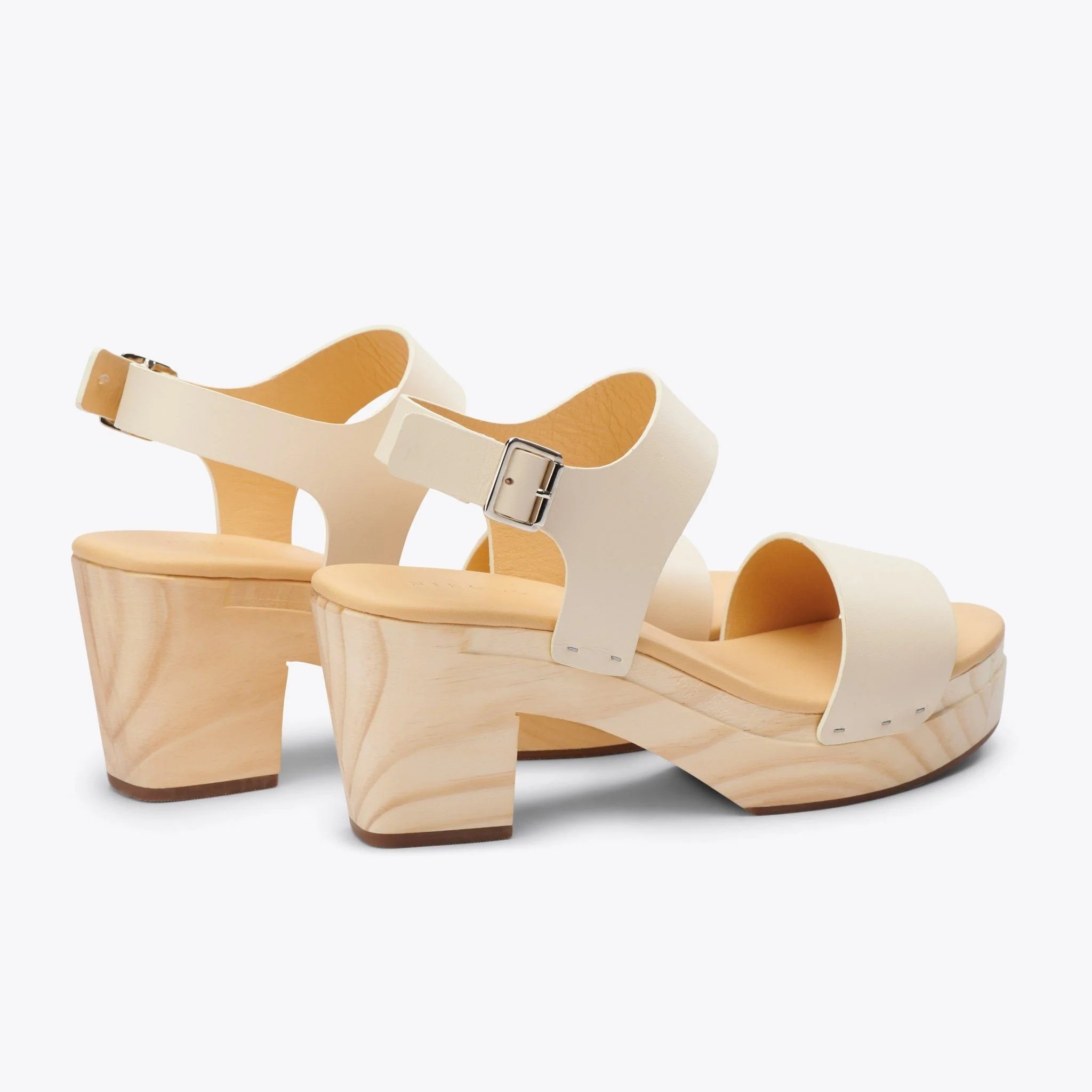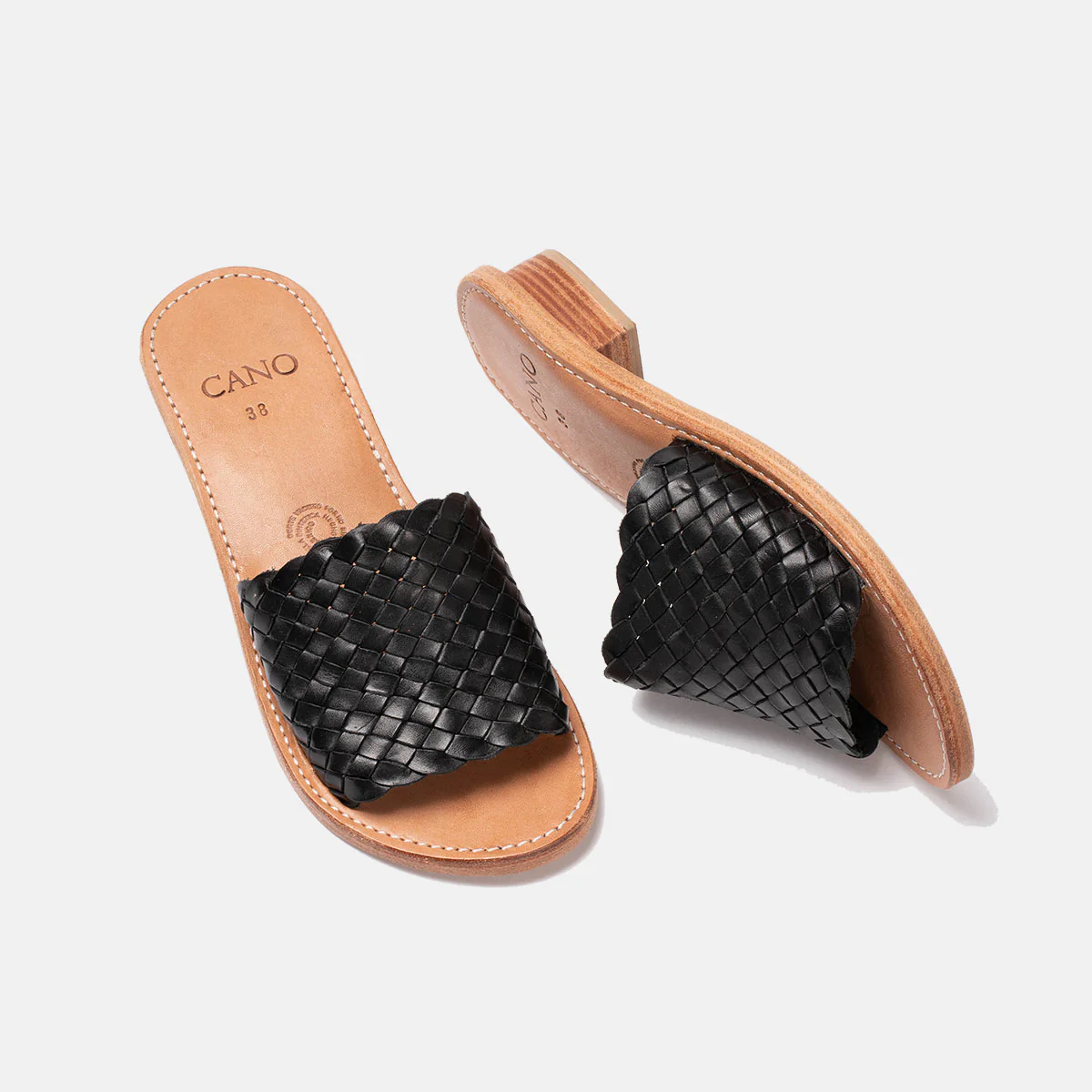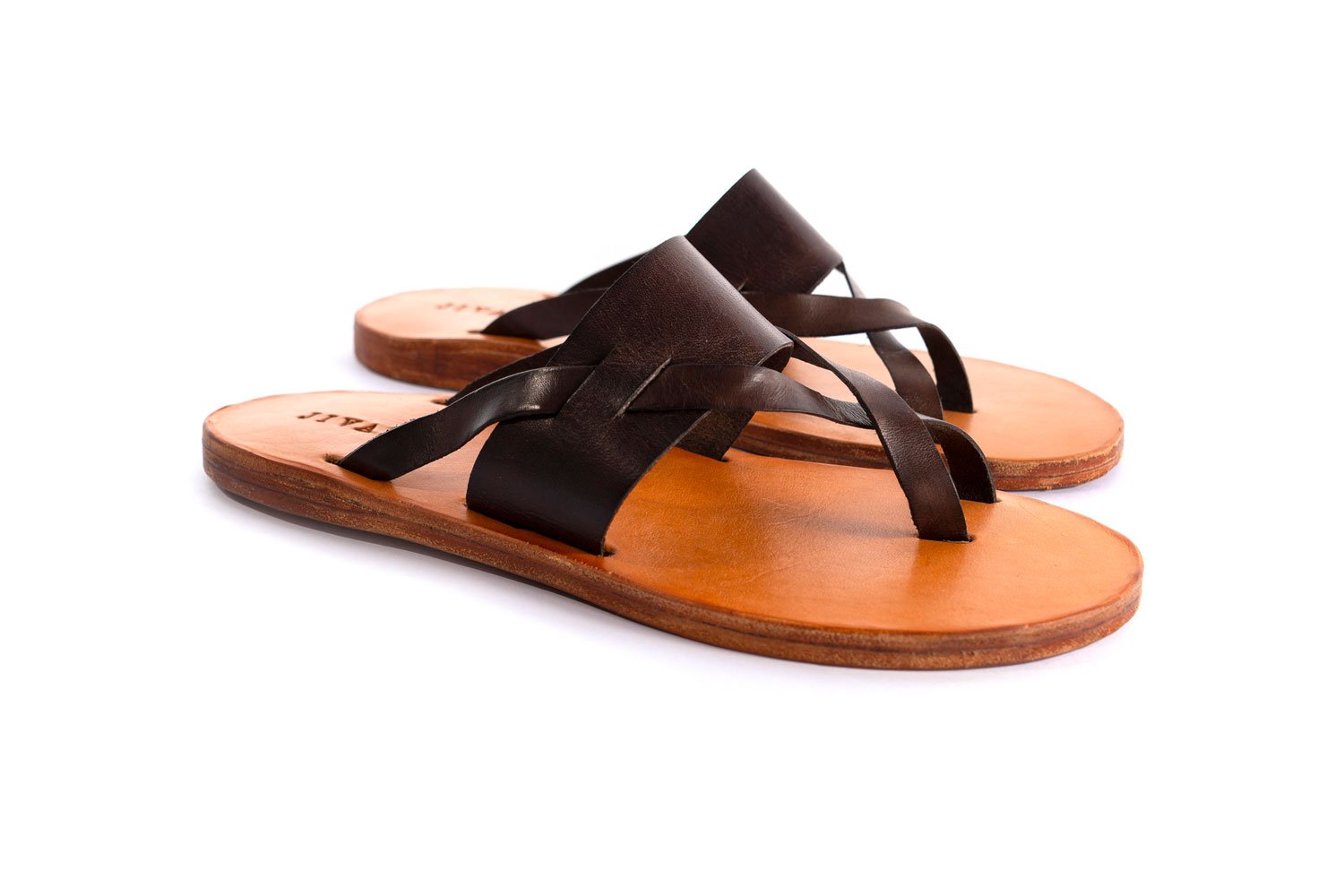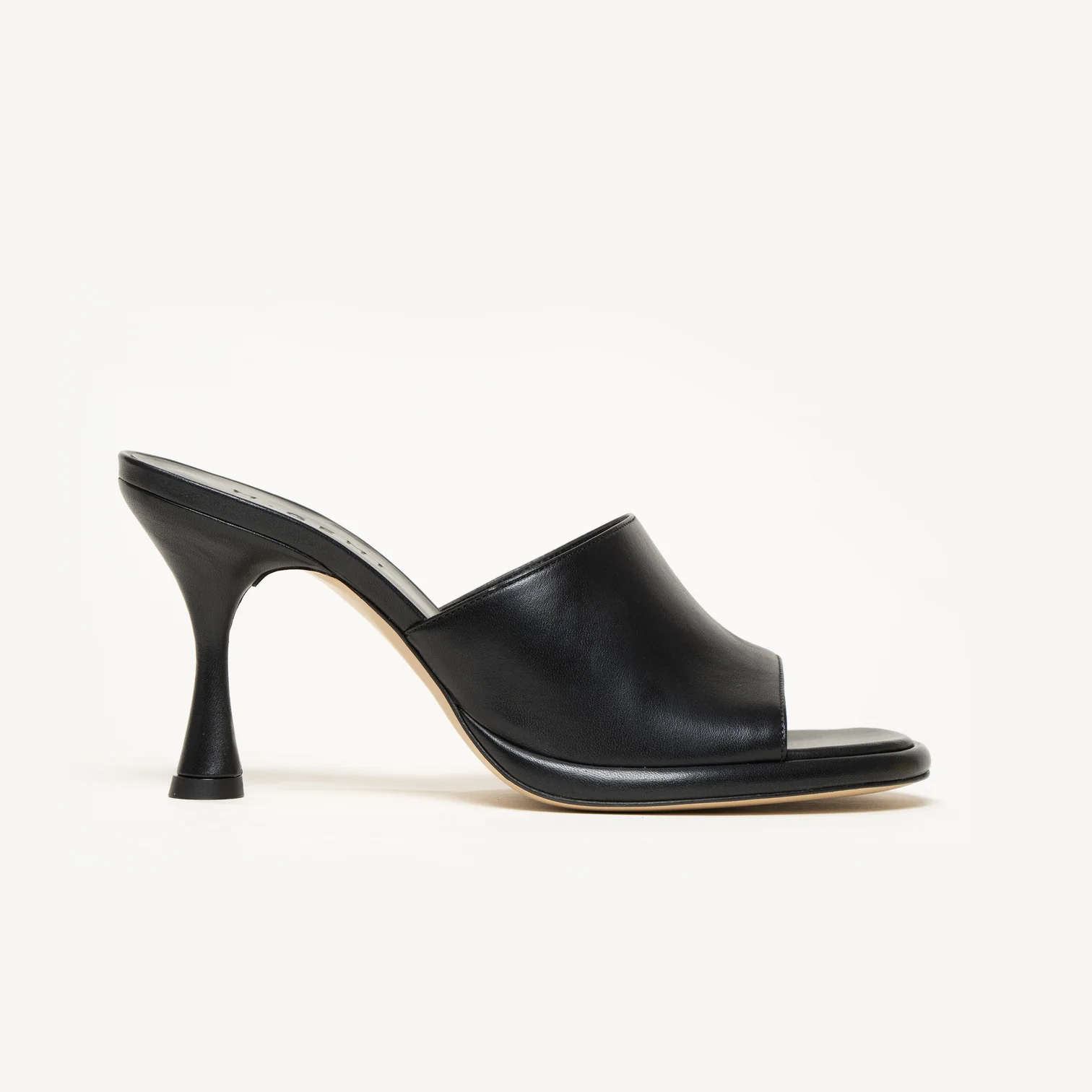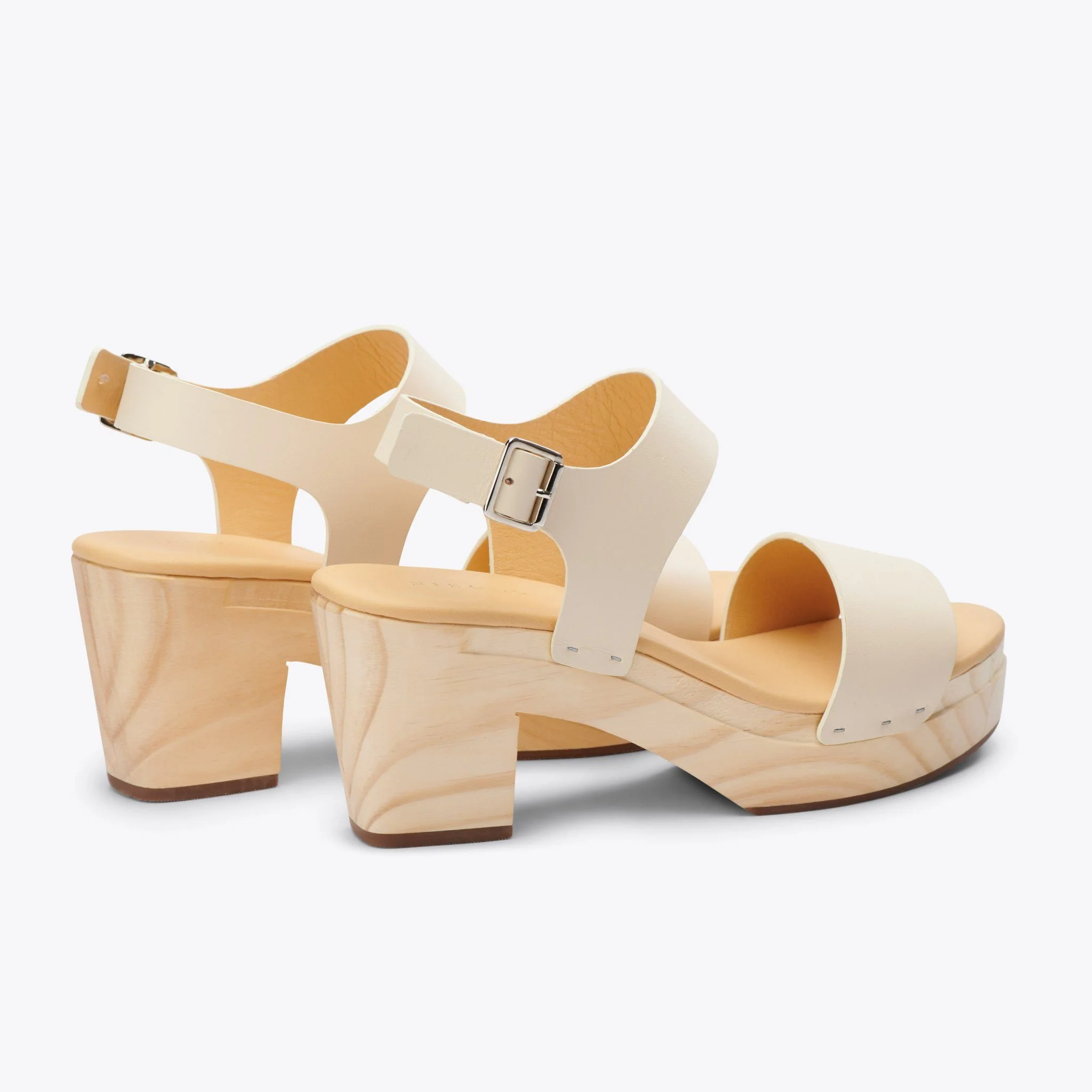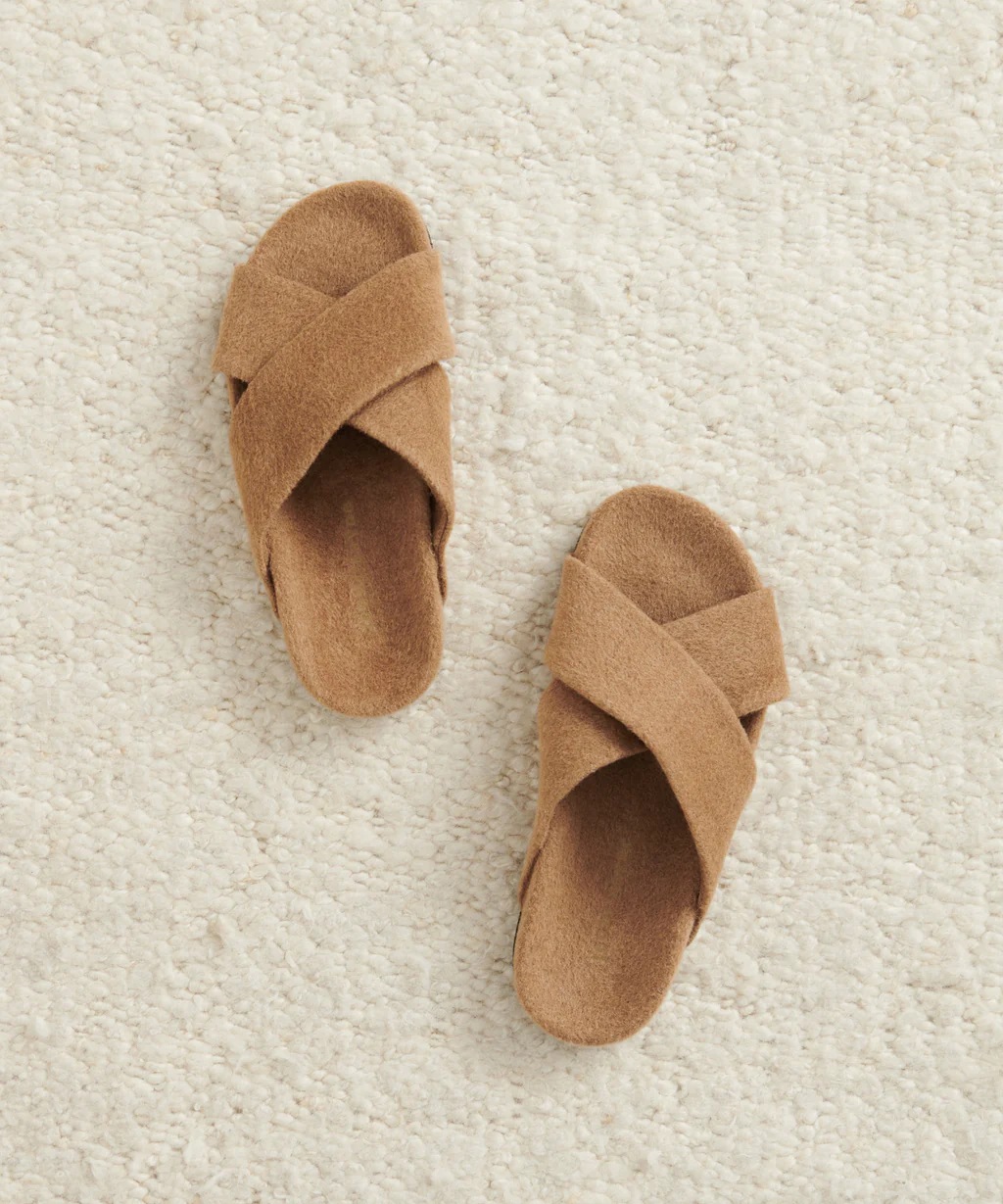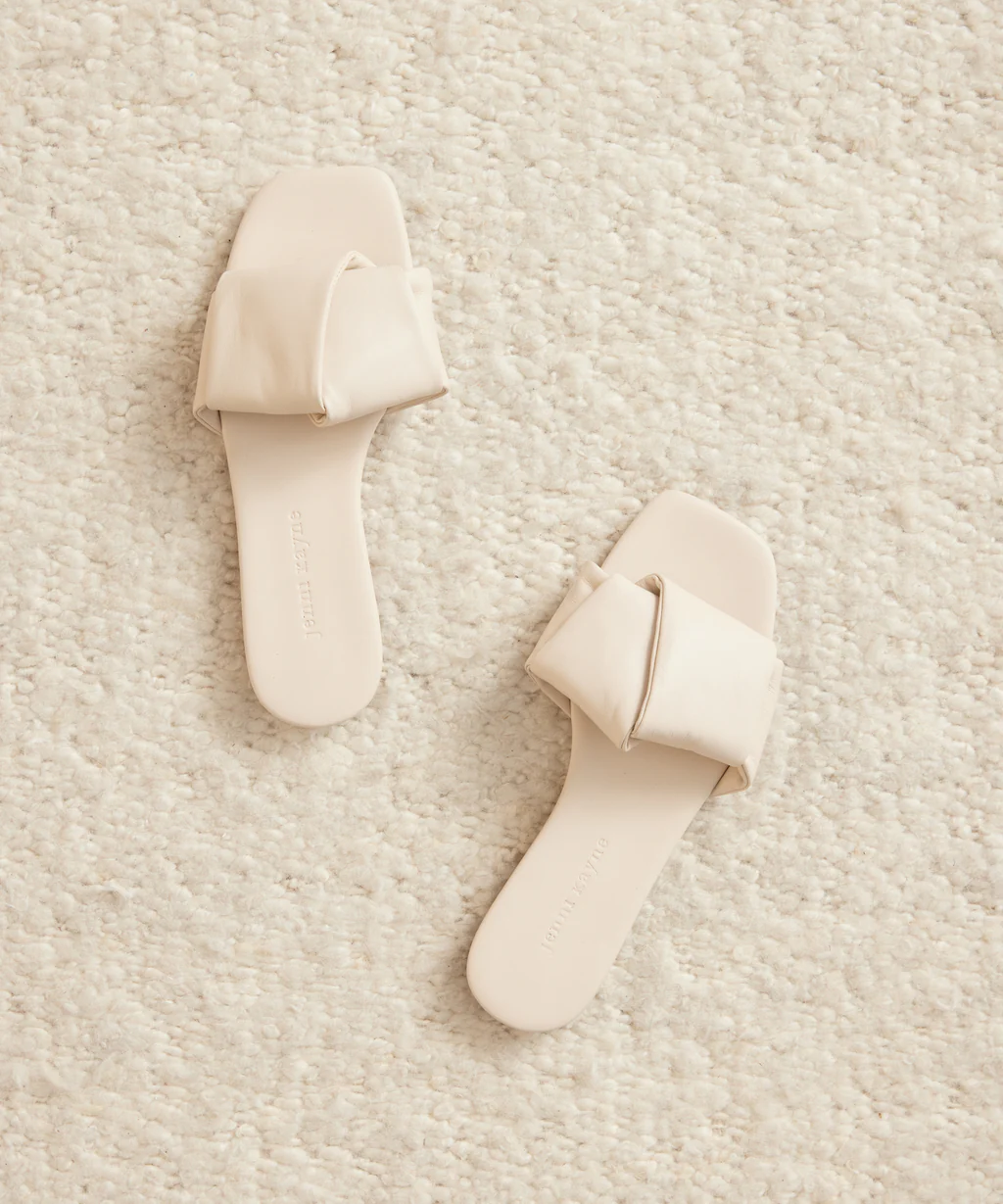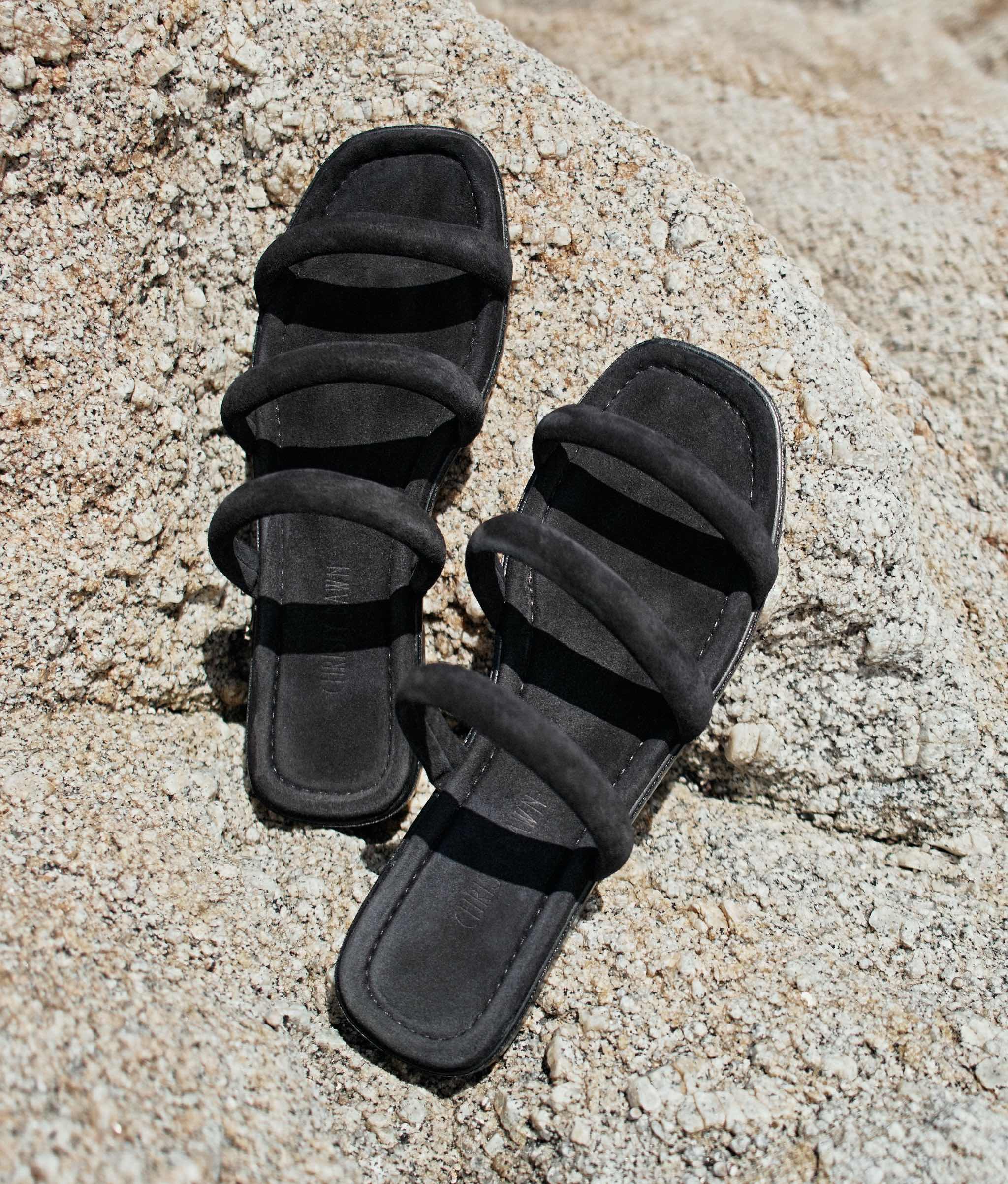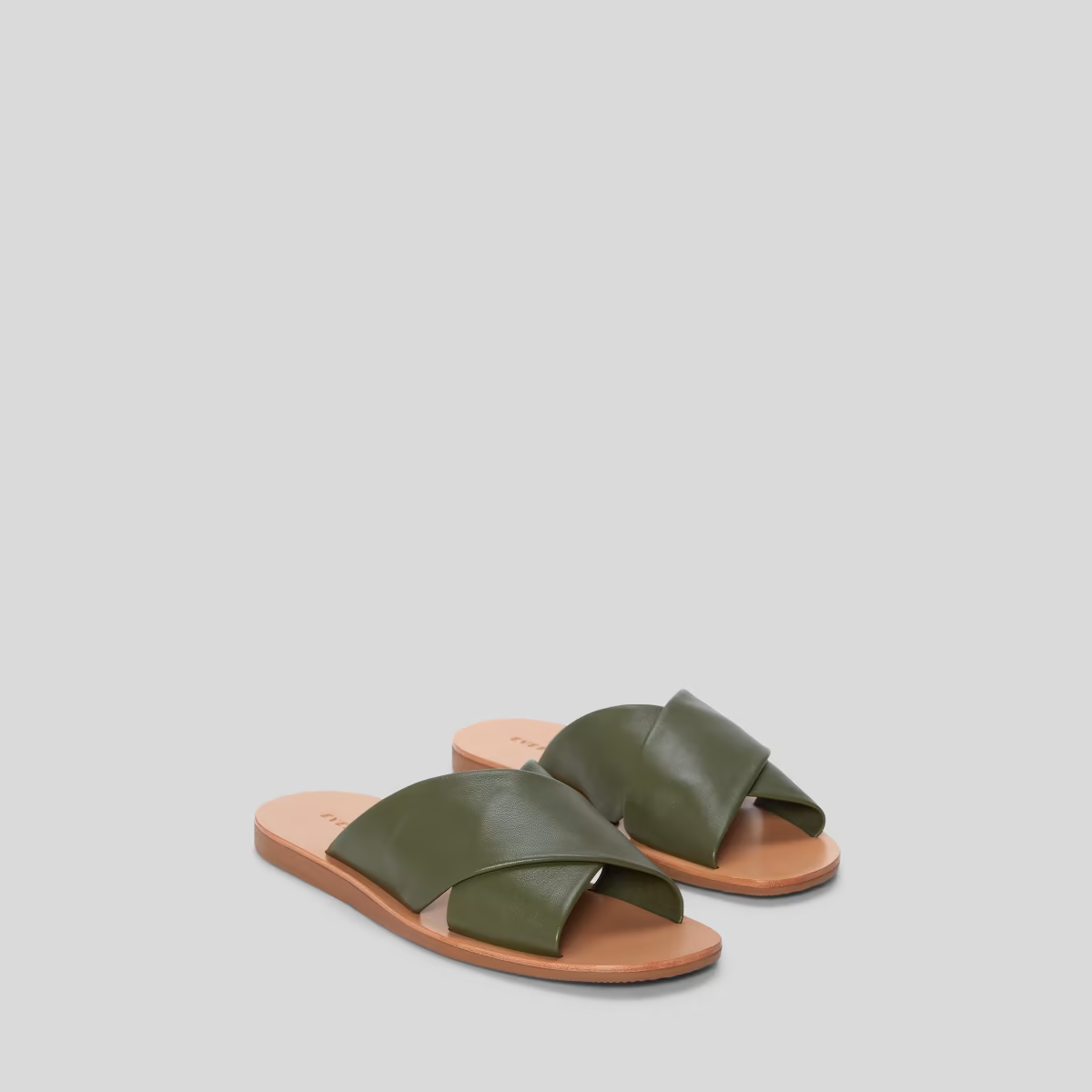9 Best Sustainable & Organic Sandals For Summer 2023
I am a fashion lover and a non-toxic living fanatic. The troubling thing is that for so long natural and organic clothing/shoes we just so frumpy. They looked a certain way and gave off “granola” or “smelly armpit” vibes. LOL, that is at least the vibe I got. However, over the years of switching my own lifestyle to be lower toxic, all while still loving fashion, I have been able to find attractive non-toxic and organic clothing and shoe options. I created a easy-to-follow e-book all about Non-Toxic Clothing that lays out my best tips. You learn where and how to shop for non-toxic clothing, what fibers to avoid and add in, and even see some of my favorite pieces. Additionally, I have some podcast episodes (Episode 15 and Episode 43) about non-toxic clothing.
Since summer is write around the corner as I am writing this, warm weather pieces have been on my mind. It’s time to retire the boots and pull out the sandals. I figured I would share the organic & sustainable sandals that I am eyeing up. Non-toxic girlies shouldn’t gate keep! Keep reading to get the details! But first, why should we care about non-toxic shoes and clothing?
Non-toxic shoes and clothing are crucial for our well-being and the environment. Conventional products often contain harmful chemicals that can be absorbed through the skin, leading to health issues. By choosing non-toxic alternatives, we protect our health and reduce exposure to substances like phthalates and formaldehyde. Additionally, non-toxic options prioritize sustainability, ethical practices, and worker safety. Supporting brands that prioritize non-toxicity helps reduce pollution, improve working conditions, and contribute to a healthier fashion industry overall. It's a way to make informed choices that benefit ourselves and the world around us. Cheers to BETTER choices! And, yes, I still wear regular shoes and clothes too… This is a journey not a destination—obsessing and focusing on perfection does more harm than good!!!!
Chemicals In The Shoe Indsutry:
Polyvinyl Chloride (PVC): PVC is often used in shoe manufacturing due to its flexibility and durability. However, it contains harmful additives such as phthalates and lead, which have been linked to health issues.
Formaldehyde: This chemical is used as a preservative in some shoe manufacturing processes. Prolonged exposure to formaldehyde can cause skin irritation, allergies, and respiratory problems.
Volatile Organic Compounds (VOCs): VOCs are often found in shoe adhesives, solvents, and dyes. These compounds can contribute to indoor air pollution and may have adverse health effects, such as eye and respiratory irritation.
Chromium: Chromium compounds, specifically hexavalent chromium, are used in leather tanning processes. Exposure to hexavalent chromium can be harmful, leading to skin allergies, respiratory issues, and even cancer.
Dyes and Colorants: Some dyes and colorants used in shoe production contain harmful chemicals like azo dyes, which can release carcinogenic amines.
Now, time for those cute, organic shoe options!
Organic & Sustainable Sandals I’m Eyeing Up:
M.Gemi The Fredricka Sandals: Experience the allure of summer in M.Gemi's captivating warm-weather sandal, The Federica. Expertly handcrafted in Italy, this sandal showcases the brand's commitment to exceptional Italian craftsmanship and quality leather. With a slightly exaggerated sole, an open toe design, and a sculptural heel, The Federica exudes timeless elegance. Its open back adds convenience to style, making it the perfect companion for your adventurous summer escapades.
Sezane High Deborah Sandals: Elevate your sustainable summer style with the Sezane High Deborah Sandals. Crafted with exquisite attention to detail, these sandals feature a sleek and sophisticated design that effortlessly complements any outfit. Made from high-quality organic materials and finished with a comfortable block heel, these eco-conscious sandals are a must-have addition to your conscious wardrobe for both casual and dressy occasions.
Christy Dawn Monroe Sandal: Christy Dawn is one of my go-to spots for the most beautiful non-toxic and sustainable clothing and shoe options. I appreciate their attention to detail and using quality materials! How cute are these?!
Everlane The Day Crossover Sandal: Discover sustainable style with the Everlane Day Crossover Sandal. Crafted from buttery soft, non-toxic leather, these eco-conscious sandals offer comfort and environmental responsibility. With a tapered square toe, flexible footbed, and thoughtful updates for enhanced walking comfort, including a raised sole and wider fit, they're a win-win choice. The expertly folded criss-cross straps ensure blissful comfort all day long. Look and feel good with these mindful sandals.
Jenny Kayne Dani Slide: Indulge in the luxurious comfort and effortless style of the Jenni Kayne Dani Slide. Crafted from buttery-soft leather with a sheep leather upper, these slides offer a heavenly feel for your feet. Made in Portugal with a square toe and charming knot detail, they effortlessly elevate any outfit, from classic denim to elegant linen suiting.
Cano Carmen Black: A cute non-toxic sandal! Handcrafted using ethically sourced materials and traditional artisan techniques, these sandals offer a unique blend of comfort, durability, and sustainability that will leave a positive footprint wherever you go.
Nisolo All Day Open Day Clog: Nisolo is where ethical and sustainable craftsmanship meet timeless style. These heeled clog sandals are thoughtfully designed to be your go-to shoes, crafted with a commitment to ethical production and using non-toxic, natural materials. Their leather is responsibly and vegetable dyed. The open design provides breathability and comfort for all-day wear, while the versatile style effortlessly complements any outfit.
Jenni Kayne Cabin Crossover Sandal: a versatile footwear option that seamlessly blends comfort and style. With its sleek design and durable construction, it's perfect for both indoor lounging and outdoor adventures, making it a must-have addition to your summer wardrobe. Plus they are made from WOOL!
Jivanas Ishori: a game-changer for eco-conscious fashion enthusiasts. Crafted from ethically sourced materials and featuring a minimalist design, these sandals offer both comfort and sustainability, allowing you to step into a more sustainable future with every stride.
Natural & Organic Shoe Materials:
Leather: Genuine leather from ethically sourced and responsibly produced animals is a popular choice for its durability, breathability, and natural properties. Look for brands that prioritize sustainable and eco-friendly leather production processes.
Cork: Cork is a renewable and eco-friendly material derived from the bark of cork oak trees. It is lightweight, water-resistant, and offers cushioning and insulation. Cork is often used in insoles and footbeds.
Organic Cotton: Shoes made from organic cotton are a sustainable choice. Organic cotton is grown without the use of harmful pesticides and chemicals, reducing exposure to potentially toxic substances.
Hemp: Hemp fibers are durable, breathable, and environmentally friendly. Hemp shoes are becoming increasingly popular due to their sustainability and natural properties.
Natural Fiber Blends: Shoes made from natural fiber blends, such as organic linen or jute, can be breathable and lightweight. These materials are often used in the production of eco-friendly and sustainable footwear.
Vegetable-Tanned Leather: Vegetable-tanned leather is tanned using natural tannins derived from plants instead of harmful chemicals like chromium. It is a more environmentally friendly option.
Natural Rubber: Shoes made from natural rubber, derived from the sap of rubber trees, are a sustainable alternative to synthetic rubber. Look for brands that prioritize responsibly sourced and sustainably harvested rubber.
When shopping for natural shoe materials, consider checking certifications like GOTS (Global Organic Textile Standard) and OEKO-TEX® Standard 100 to ensure the materials meet specific environmental and health criteria.
Do you feel more inspired to slowly ditch toxic kicks and embrace ones with natural materials instead?








